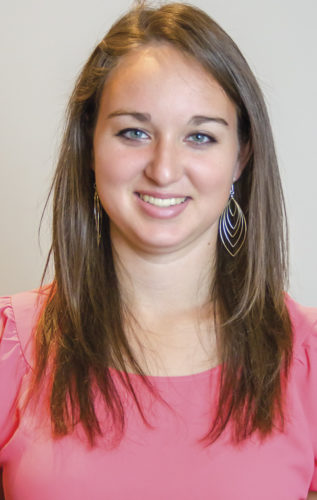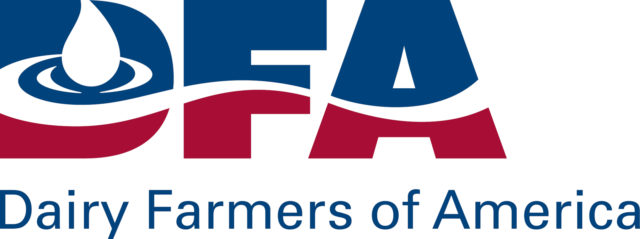Failure. I looked at the big fat F next to organic chemistry and felt every dream, every optimistic thought in my head fade to gray and disappear. I had just finished the fall semester of my junior year of college and returned home for Christmas break. It was the first time I’d ever failed a class or anything for that matter. Sitting there in my room, I’d never felt so frustrated, so defeated, so hopeless.
At that point my father called me into our family room. Tears running down my face, I stared at the floor, too embarrassed to look him in the eye. After giving me a hug and telling me he still loved me, he said, “OK Jenna, you failed. What’s your next step? What are your options?”
I looked at him, surprised. Options? What did he mean options? I’d failed. I didn’t have options.
After several minutes of talking, he showed me that I did in fact have options. I could retake the class and continue on my current path towards dual degrees in agriculture science and English.
I could drop my agriculture science major to a minor and only graduate with one degree. I could drop agriculture science completely. Or I could continue crying in my room.
He then explained to me that successful people aren’t successful because they never failed; they’re successful because when they failed they got back up, reassessed the situation and pushed forward.
If you never push yourself, if you never do anything outside your comfort zone, congratulations, you will probably never fail. However, you will also never know what you are actually capable of. You will never reach your full potential as an individual. You will never be the best that you can be because you will not know what your best is.
At the same time, he said, you have to learn to accept failure in the sense that you need to learn to acknowledge when you can’t do something, let it go and move on. You can’t do and be good at everything. Dwelling on past failure merely inhibits future success because you will never fully commit to your new path.
Trial and error is a part of life, especially in the dairy industry. Science, tradition and past history help us make decisions about how to manage a dairy or when to cull cows.
However, there is always an element of trial and error. What worked last year may not work this year, just like what works in Idaho may not work in Wisconsin. Even neighboring dairies may not do things exactly the same because each one has different family dynamics, resources and challenges.
For instance, several years ago Lloyd and Daphne Holterman at Rosy-Lane Holsteins (click here to read the article) were having major issues with pulling calves and they had a high dead on arrival (DOA) rate, so they started breeding their Holstein herd to Jersey bulls.
The cross-bred animals were quite a bit healthier, but they couldn’t compete with the purebred Holsteins on production. Unsatisfied with their production, Lloyd decided to go back to purebred Holsteins. However, he changed his breeding philosophy and started breeding for productive life instead of total performance index (TPI).
Last year, 17 years after changing their mindset, Rosy-Lane Holsteins boasted a 31,600-pound rolling herd average at 4 percent fat and 3.2 percent protein. They pull one out of every 50 calves and their DOA rate is only 5 percent. In addition, their dairy now owns the fourth-highest genomic net merit Holstein in the country. He rethought his strategy, changed direction and now he has the herd he wanted.
For me, rethinking my strategy meant retaking organic chemistry with a different professor and not overloading myself with other hard classes and organizations so I could spend extra time studying and learning my nemesis.
A year and a half after that awful Christmas break, my father watched me graduate with not only a bachelor’s degree in English, but one in agricultural science as well. I never learned to love, nor would I say I became good at organic chemistry, but I learned it well enough to pass the class and earn my degree.
Looking back now, I’m glad I failed that class. Not because I’m glad I failed, but because it taught me what it truly means to challenge myself and push myself to do things that are far outside of my strengths.
It taught me to value success and see it as something to be earned, not something that is given. We are no more entitled to success than we are to win an Oscar or a Nobel Peace Prize or own a successful dairy. We have to earn it. PD

-
Jenna Hurty
- Northwest Editor
- Progressive Dairyman
- Email Jenna Hurty





